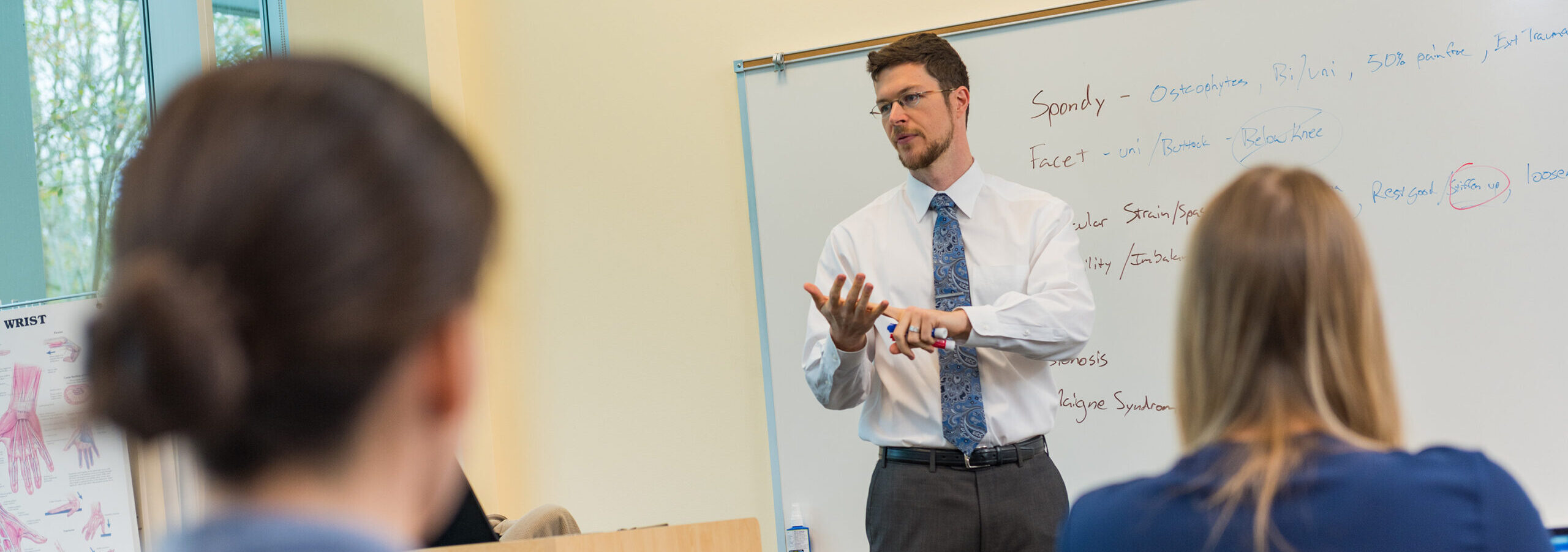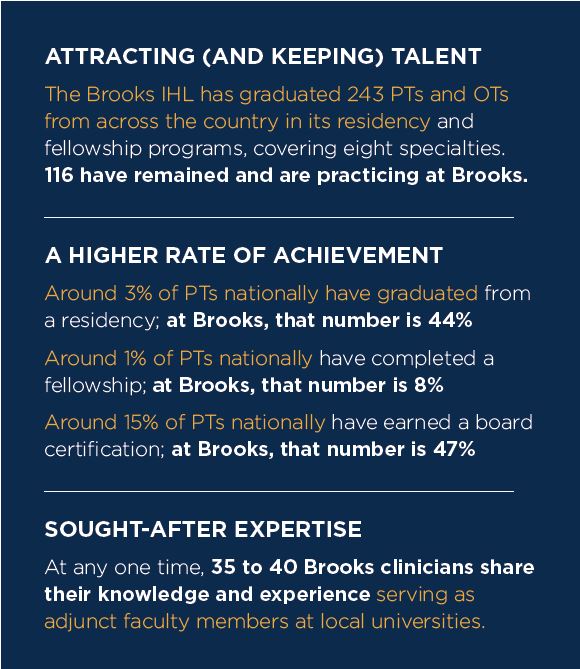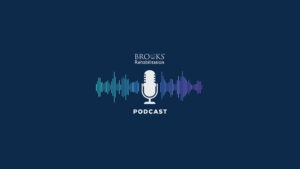Brooks Institute of Higher Learning (IHL) and the Cutting Edge of Professional Development

Back to physical health resource hub
The Brooks Institute of Higher Learning (IHL) has developed over the years into a world-class provider of cutting-edge, evidence-informed practice and professional development. Hundreds of rehabilitation professionals within Brooks and from across the country have excelled through the IHL’s accredited residencies and fellowships, while thousands more have achieved their goals through its continuing education units, certification reviews, and exam preps.
Today, the IHL has a comprehensive, unparalleled scope and depth unique to rehabilitation systems. An obvious question may be, why create such an organization – what does it ultimately mean to Brooks? It starts with the fact that residency and fellowships are not required for physical and occupational therapists in the way they are for physicians. When a physical and occupational therapist graduates from school, they are very much a generalist. The programs that the IHL and its highly skilled faculty offer allow Brooks to help people specialize – thereby becoming more efficient and more effective.
Bob Rowe, PT, DPT, DMT, MHS, FAAOMPT, is IHL’s Executive Director. “What the IHL has established with all our educational offerings is what we call the Brooks standard of practice. We’re developing practice patterns that are in alignment with national established clinical practice guidelines. Brooks truly embodies the concept of being an evidence-based practitioner. Many others throw around the term ‘evidence-based practice,’ but very few really do it. We train the residents and the fellows to be evidence-based – to search out, to go through the literature and, when appropriate, integrate the literature into the management of the patient. That’s unique, because very few people are doing it.”
The IHL also trains residents and fellows to employ a consultative practice model – a combination of the evidence-based practice and asking clinical questions to gain expert opinions. Residents and fellows are encouraged to talk about what they’ve read, ask questions on how it relates to their patients, and get opinions and insight from others.
 Sara Cristello, PT, DPT, OCS, FAAOMPT, is IHL’s Director of Clinical Operations. “In practicing side-by-side, residents and fellows will mentor other clinicians to ask questions. It creates an environment of learning that’s a big part of our culture. Could we do it better? Is there a way to do it differently? What does the evidence say about this clinical question, or what might an expert opinion say?”
Sara Cristello, PT, DPT, OCS, FAAOMPT, is IHL’s Director of Clinical Operations. “In practicing side-by-side, residents and fellows will mentor other clinicians to ask questions. It creates an environment of learning that’s a big part of our culture. Could we do it better? Is there a way to do it differently? What does the evidence say about this clinical question, or what might an expert opinion say?”
In addition to those already working at Brooks, residency and fellowship candidates come from all over the country. Often, these candidates will say they didn’t really know much about Brooks, but heard good things about the residencies and fellowships. They originally have every intention of returning home afterward, but instead make a new home and stay with Brooks.
“It’s amazing how many will stay,” said Dr. Cristello. “They came down, had every plan in the world to go back – and now they’ve been here 10 or 15 years. The ones that do leave become tremendous ambassadors for us – they still love Brooks and the training. They always feel a level of commitment and so we’re excited to see them go off and do great things. So, every time somebody joins one of our programs, they’re going above and beyond – bettering themselves as professionals for the benefit of patients.”
“And that’s the real theme,” said Dr. Rowe. “Providing the best care, best services, best management possible to every patient every day. That’s what the IHL is all about. I’m proud of the learning culture we’ve created within Brooks. We want to keep pushing the envelope to make sure we’re doing it better than everybody else and giving our patients the best care possible.”


